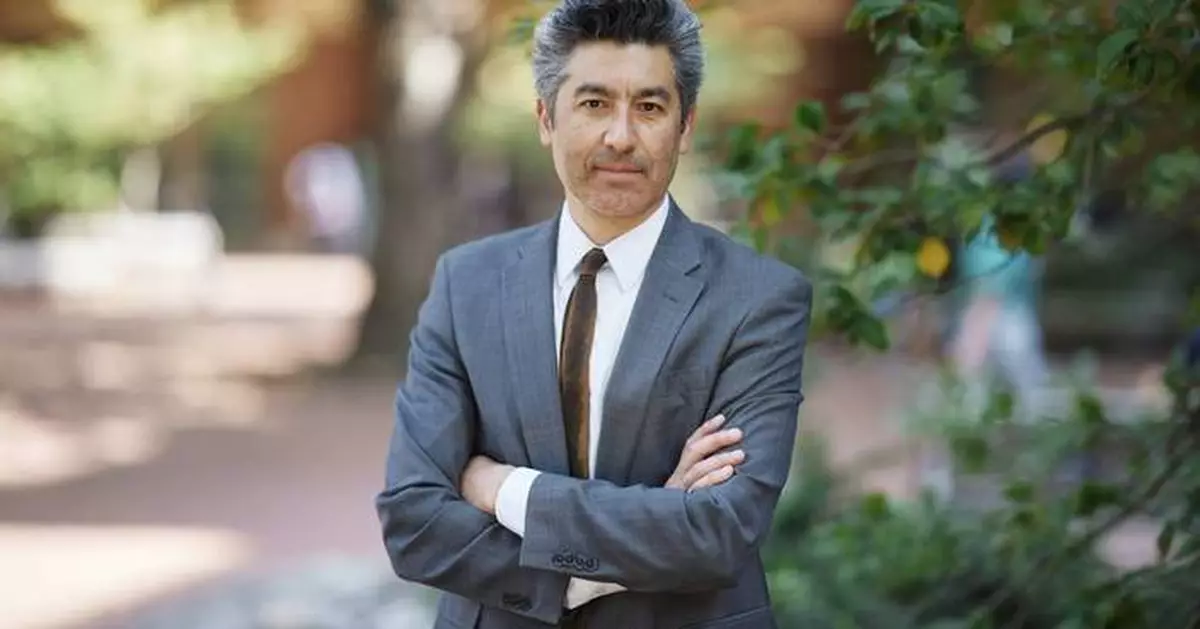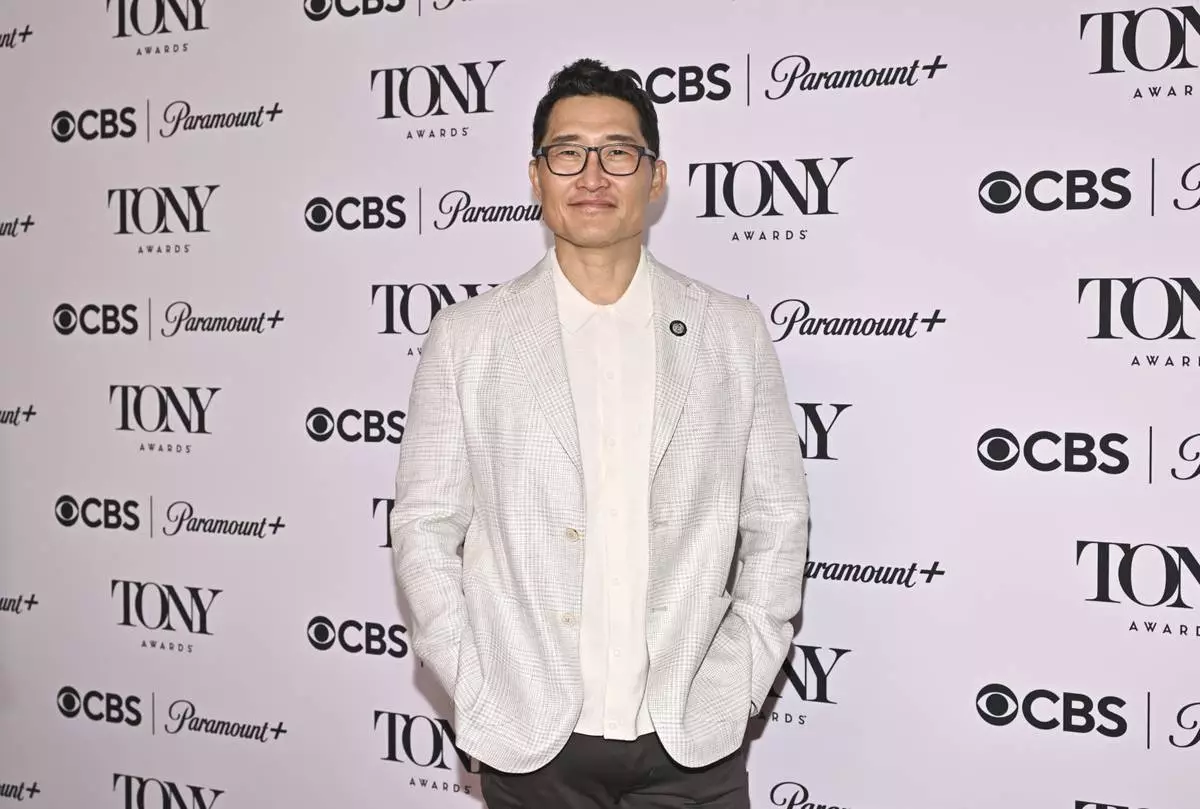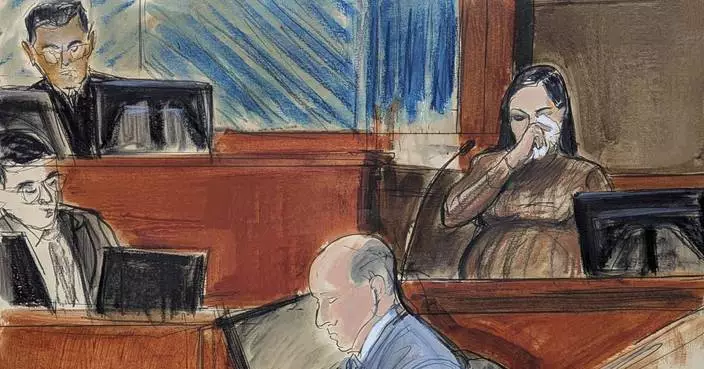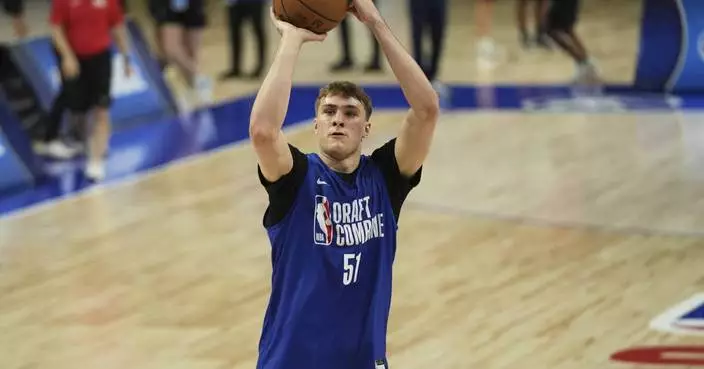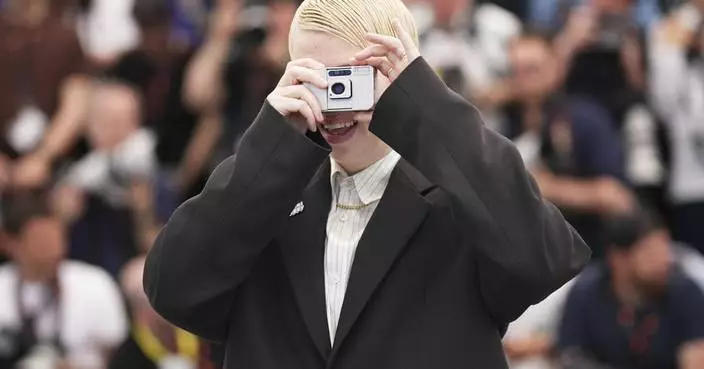The John D. and Catherine T. MacArthur Foundation announced Tuesday its 2024 class of fellows, often known as recipients of the “genius grant."
The 22 fellows will each receive a grant of $800,000 over five years to spend however they want. They were selected from nominations in a yearslong process that solicits input from their communities and peers. Fellows do not apply and are never officially informed that they’ve been nominated unless they are selected for the award.
The interdisciplinary award seeks to “enable” people with a track record and the potential to produce additional extraordinary work, said Marlies Carruth, director of the MacArthur Fellows Program.
The 2024 fellows are:
Loka Ashwood, 39, Lexington, Kentucky, a sociologist at the University of Kentucky who studies how environmental issues, corporations and state policy intersect to harm rural communities and reduce their trust in democracy.
Ruha Benjamin, 46, Princeton, New Jersey, a transdisciplinary scholar and writer at Princeton University who studies how new technologies and medical research often reinforce social and racial inequality and bias.
Justin Vivian Bond, 61, New York, an artist and performer who, in their long career as cabaret singer, has stood up for civil rights, offered solace and humor to members of the gay community and inspired other transgender artists.
Jericho Brown, 48, Atlanta, a poet at Emory University whose lyrical work explores contemporary culture in part through vulnerable self-reflection and experimentation in form.
Tony Cokes, 68, Providence, Rhode Island, a media artist at Brown University whose video works often use text and fragments from contemporary culture to communicate social critique, including of police violence and torture.
Nicola Dell, 42, New York, a computer and information scientist at Cornell Tech, who has studied how technology can be used for intimate partner abuse and has developed tools and programs to help survivors of such abuse.
Johnny Gandelsman, 46, New Paltz, New York, a violinist and producer who has revisited classical works using different styles and techniques while also elevating the work of contemporary composers.
Sterlin Harjo, 44, Tulsa, Oklahoma, a filmmaker whose work, including the television series “Reservation Dogs” that he co-created, is grounded in the daily lives of Native American communities.
Juan Felipe Herrera, 75, Fresno, California, a poet, educator and writer dedicated to expressing the shared experiences of the Mexican-American community through often bilingual work that crosses genres and draws on both contemporary events and the cultures of pre-colonial societies.
Ling Ma, 41, Chicago, a fiction writer whose often surreal or speculative stories build from and shed light on contemporary experiences of alienation, immigration and materialism.
Jennifer L. Morgan, 58, New York, a historian at New York University whose work focuses on enslaved African women, revealing how the wealth of slaveowners and the growth of the economy was built on their exploitation and reproductive labor.
Martha Muñoz, 39, New Haven, Connecticut, an evolutionary biologist at Yale University whose research investigates what factors drive the rates and patterns of evolution.
Shaikaja Paik, 50, Cincinnati, a historian of modern India at the University of Cincinnati whose work explores caste discrimination and its intersection with gender and sexuality in the lives of Dalit women.
Joseph Parker, 44, Pasadena, California, an evolutionary biologist studying rove beetles at the California Institute of Technology and the evolutionary origins of their symbiotic relationship with other species.
Ebony G. Patterson, 43, Kingston, Jamaica and Chicago, a multimedia artist who has created intricate, layered, immersive works using a wide range of materials to explore social histories, sometimes juxtaposing vibrant landscapes with objects of mourning.
Shamel Pitts, 39, Brooklyn, New York, a dancer and choreographer whose collaborative work with the artist group TRIBE, which he founded, imagines futures free from oppression, especially for members of the African diaspora.
Wendy Red Star, 43, Portland, Oregon, a visual artist who draws on archival material to challenge colonial narratives and center the perspective of Native Americans.
Jason Reynolds, 40, Washington, D.C., a children's and young adult writer, whose genre-crossing books often reflect the experiences of Black children and who encouraged children to tell their own stories as a former National Ambassador for Young People’s Literature.
Dorothy Roberts, 68, Philadelphia, a legal scholar and public policy researcher at the University of Pennsylvania, who researches the racial inequities in child welfare systems and health systems that have denied agency to especially Black women over their bodies.
Keivan G. Stassun, 52, Nashville, Tennessee, a science educator and astronomer at Vanderbilt University who has championed the recruitment of science students from diverse backgrounds, including neurodiverse students, in addition to his research on star evolution.
Benjamin Van Mooy, 52, Woods Hole, Massachusetts, an oceanographer at the Woods Hole Oceanographic Institution who studies plankton and the critical role they play in sustaining marine life.
Alice Wong, 50 San Francisco, a writer, editor and disability justice activist who founded the Disability Visibility Project in 2014, among other campaigns, to bring attention to the experiences of disabled people and the discrimination and obstacles they face.
Associated Press coverage of philanthropy and nonprofits receives support through the AP’s collaboration with The Conversation US, with funding from Lilly Endowment Inc. The AP is solely responsible for this content. For all of AP’s philanthropy coverage, visit https://apnews.com/hub/philanthropy.
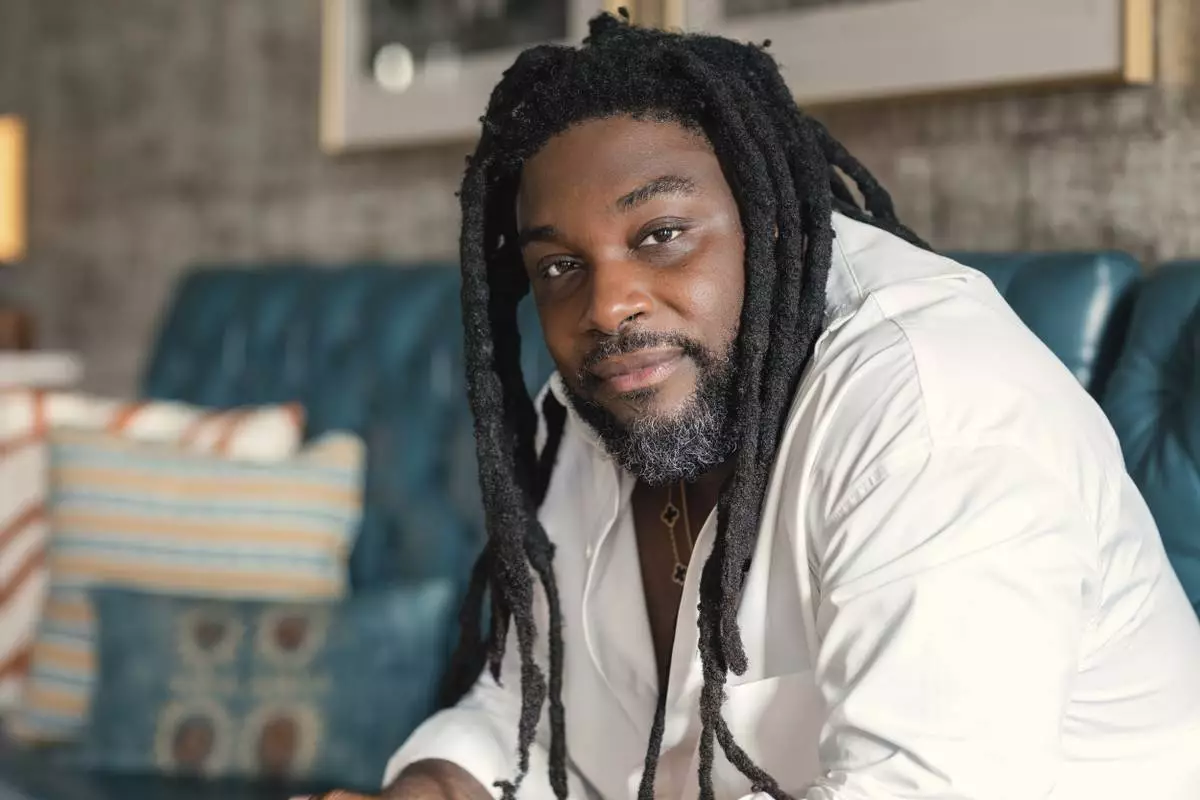
This undated photo provided by the MacArthur Foundation shows MacArthur Fellow Jason Reynolds. (John D. and Catherine T. MacArthur Foundation via AP)
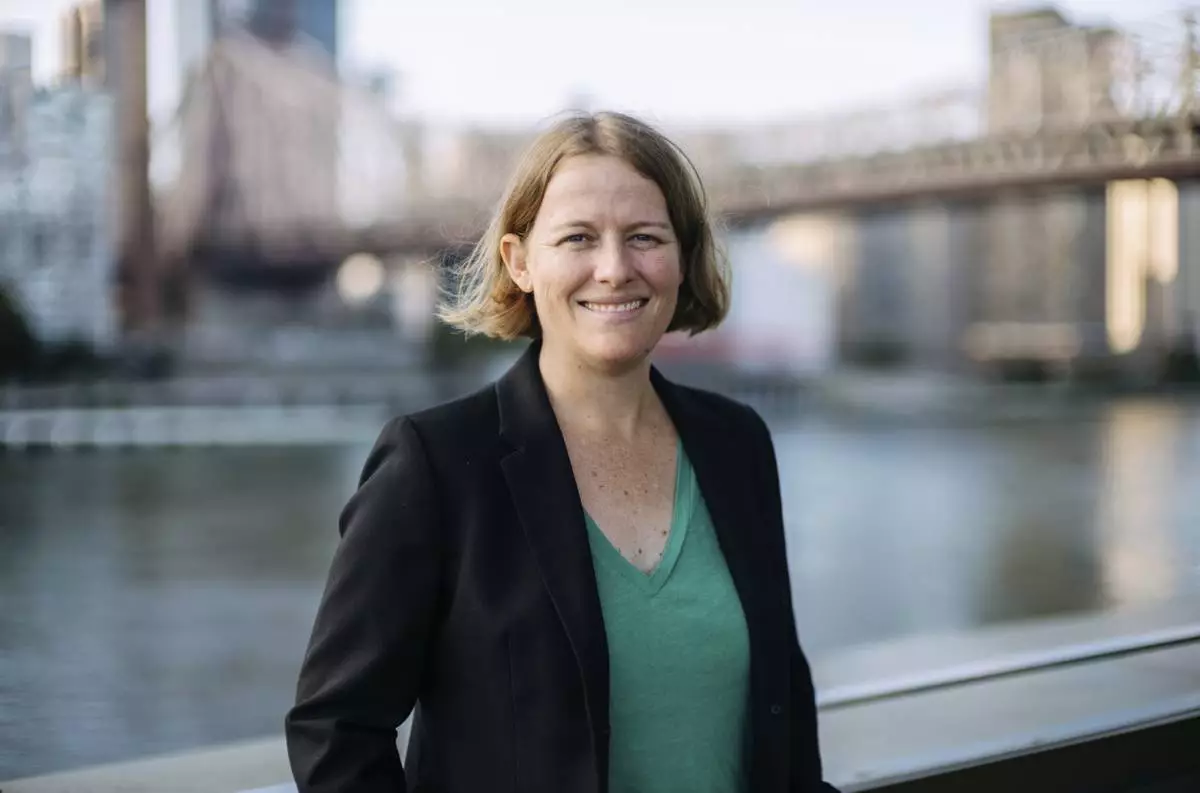
This undated photo provided by the MacArthur Foundation shows MacArthur Fellow Nicola Dell. (John D. and Catherine T. MacArthur Foundation via AP)
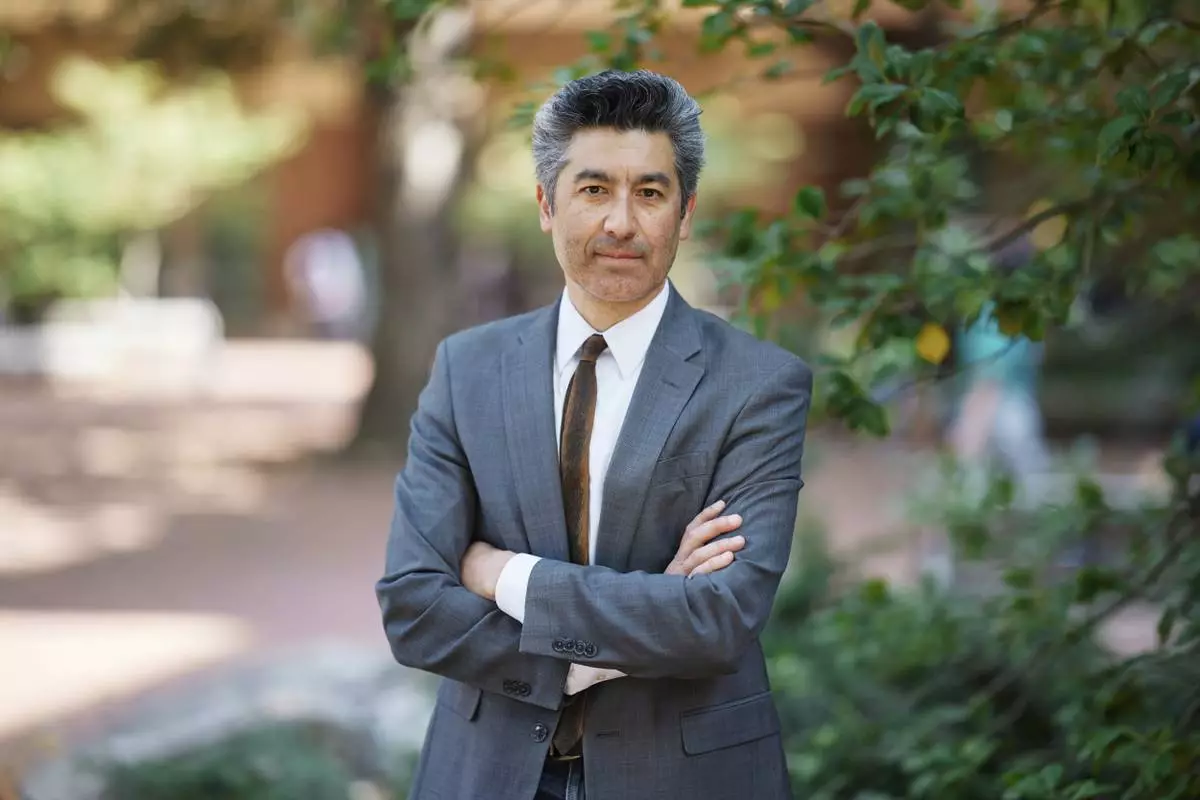
This undated photo provided by the MacArthur Foundation shows MacArthur Fellow Kevin G. Stassun. (John D. and Catherine T. MacArthur Foundation via AP)


